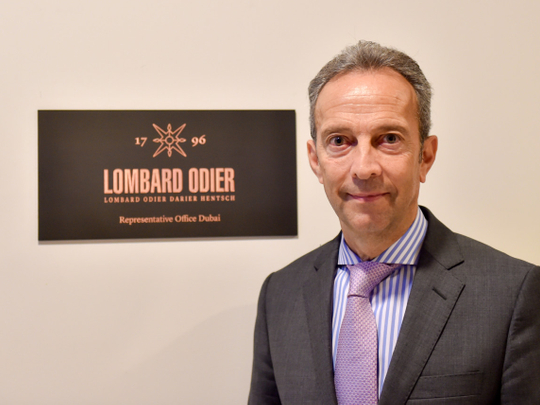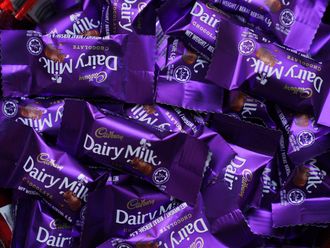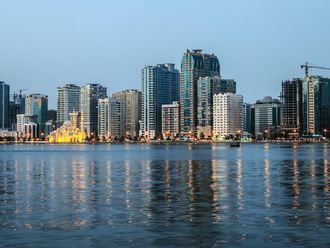
Dubai
Young GCC nationals have been spearheading explosive growth in Sharia-compliant investments, which may result in doubling of Islamic assets within Lombard Odier in 2-3 years, a senior executive said.
The major contribution will come from the GCC region, which along with the wider Middle East account for 10 per cent of the total wealth in Islamic investments, Christophe Lalandre, Managing Director, UAE at Lombard Odier, which manages $276 billion of clients’ money, told Gulf News in an interview.
“We had a perception in 2012 demand would not be too strong because we thought initially that the young generation would be less interested than older generation. The facts are telling us the opposite. The young investors, mainly GCC nationals, are very keen to invest in Sharia-compliant funds or through direct investment in sukuks and equities,” Lalandre said.
This strong growth is also evident from the size of the company’s Dubai office, which has doubled its employees over the last five years. Lalandte expects the same trend to continue.
Even globally, the trend is strong. The assets under management (AUM) of Islamic funds increased by more than 18 per cent in 2017 compared to 2016, according to IFSB (Islamic Financial Services Board). The Sharia way of investing is akin to ESG (Environmental, social and governance) investments, where Lombard Odier has proved its mettle. “We think there are a lot of similarities offered by sustainable investments and limitations of Islamic way of investments,” Lalandre said.
The company has no debt, landing them with a favourable capital ratio or Tier 1 ratio of 26 per cent, and this concept is similar to even Sharia-compliant investing. “This [growth in assets] would be possible due to the capabilities and expertise of the bank that we have developed over the years. The market knowledge of Lombard Odier from sustainable investing over the years to Sharia investments is more known in the whole region. It’s a natural progression and we have the legitimacy,” he added. ESG investing is estimated at over $20 trillion in AUM, that amounts to around 25 per cent of the professionally managed assets around the world.
Elsewhere, there has been demand for Libor (London Interbank Offered Rate) plus linked instruments due to expectation of a hike in interest rates next year.
The US Federal Reserve, which hiked its fed funds rate for a fourth time in 2018, expects to have at least two more rate hikes in 2018. Income funds have also been gaining traction among investors in the Middle East along with secured investments.
“The demand for private equity investments is strong which shows that investors has a long-term view. The mega trend has been for diversification,” Lalandre said.






